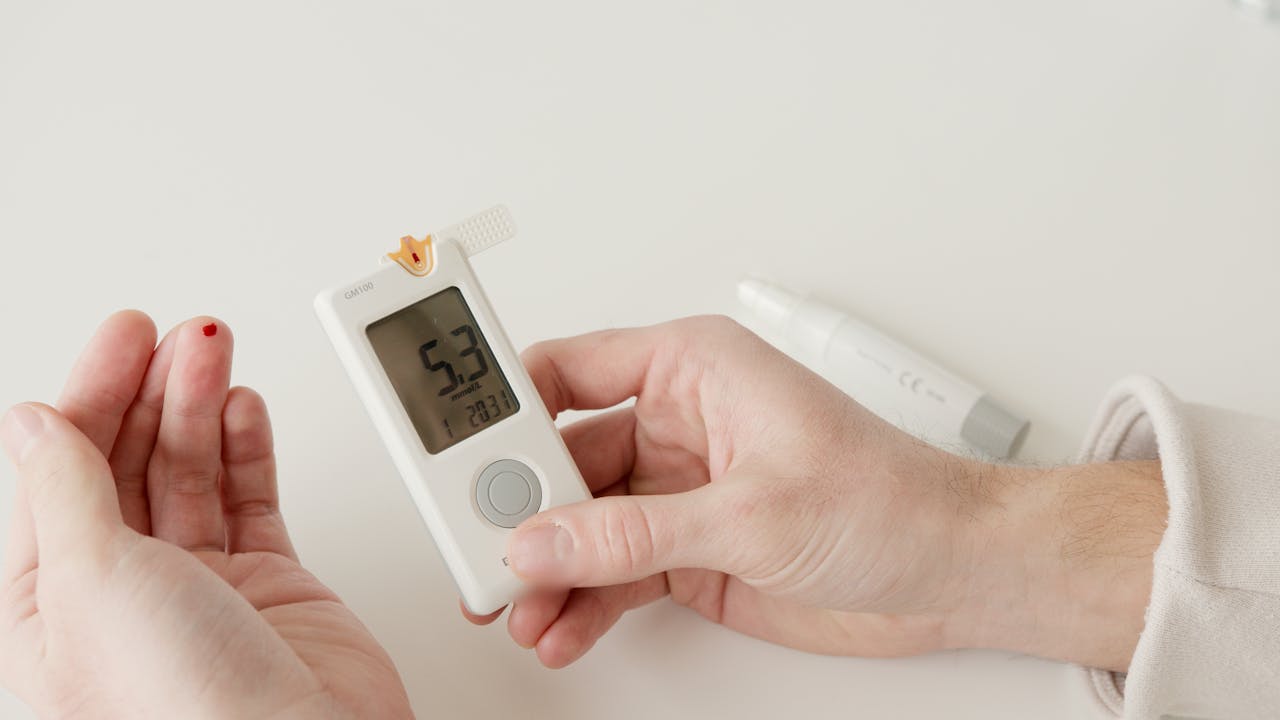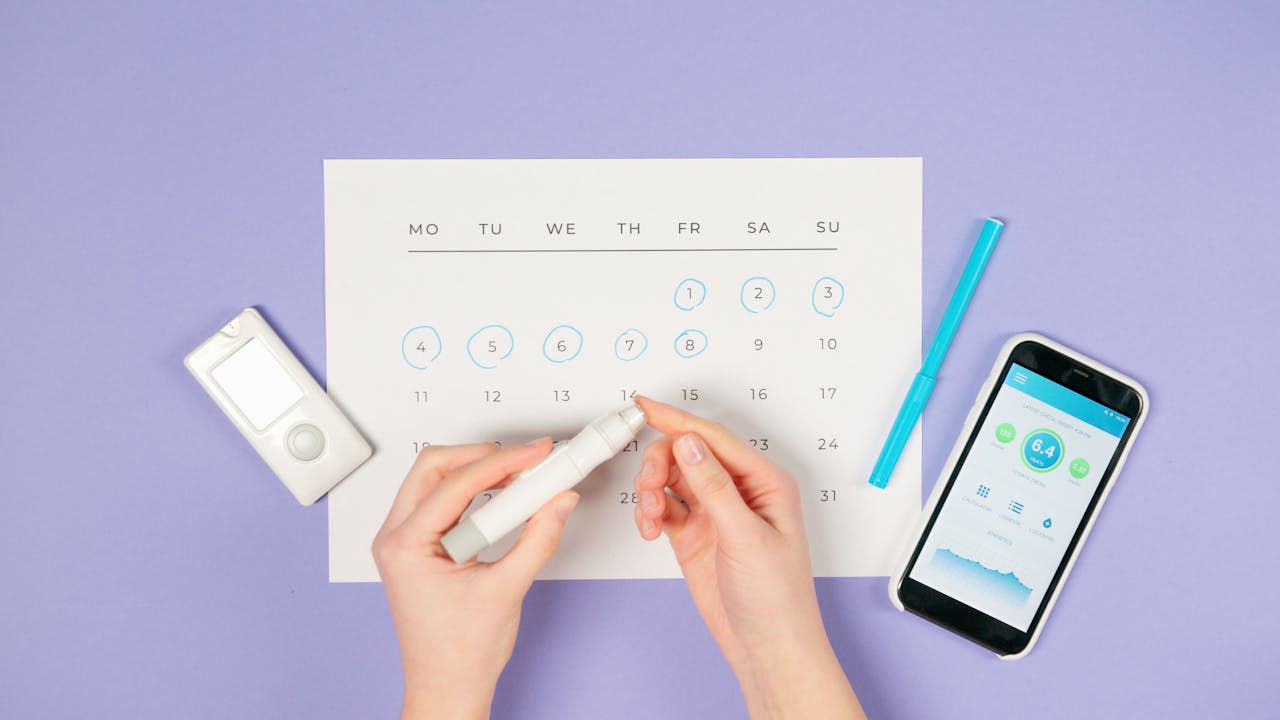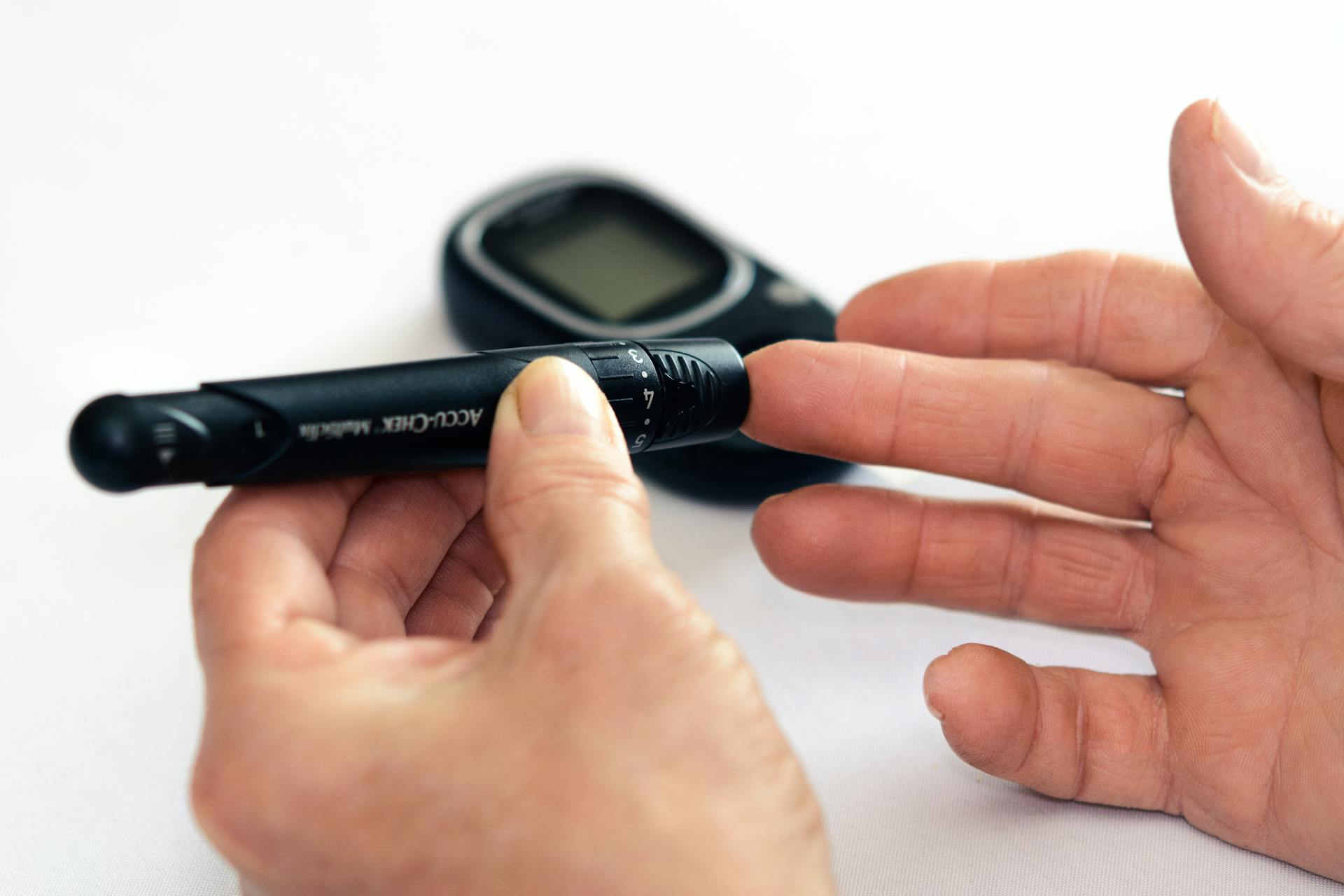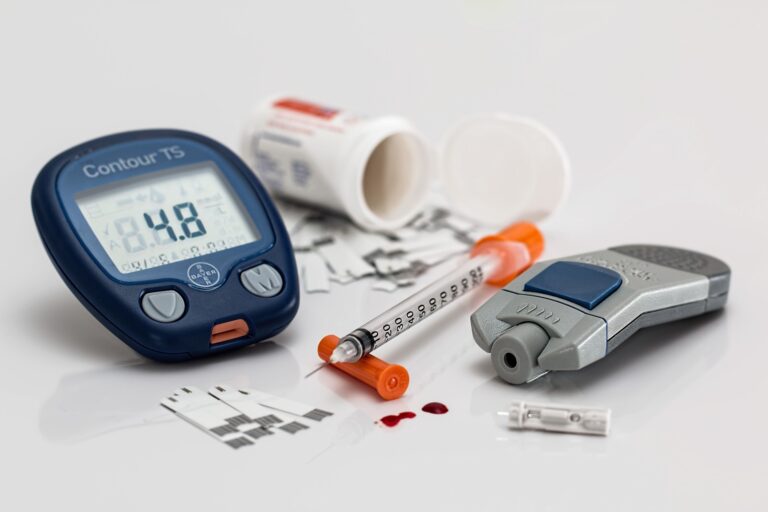Diabetes and Its Impact on Daily Life: A Comprehensive Guide
Living with diabetes is a challenging but manageable journey. With the right knowledge, tools, and mindset, people with diabetes can live full, active lives. Understanding how diabetes impacts daily life is essential for effective management and reducing long-term health risks. Whether you’re newly diagnosed or have been managing diabetes for years, this guide provides valuable insights into how the condition influences everyday activities, along with product recommendations to help you live better.
Understanding Diabetes and Its Types
Diabetes is a chronic health condition that affects how your body turns food into energy. There are primarily two types of diabetes: Type 1 diabetes and Type 2 diabetes. Both types involve issues with the hormone insulin, which helps control blood sugar levels.
Type 1 Diabetes:
Type 1 diabetes is an autoimmune condition where the body attacks the cells in the pancreas that produce insulin. This type usually develops in childhood or adolescence and requires daily insulin injections to manage blood sugar levels.
Type 2 Diabetes:
Type 2 diabetes, the more common form, occurs when the body becomes resistant to insulin or doesn’t produce enough insulin. It’s often associated with obesity and a sedentary lifestyle, but genetics also play a role. Type 2 diabetes is typically managed with lifestyle changes, oral medications, and sometimes insulin.
How Diabetes Affects Daily Life
Living with diabetes means you have to stay constantly aware of your blood sugar levels, food intake, physical activity, and stress levels. Here are some ways in which diabetes impacts day-to-day life.
Blood Sugar Monitoring
Monitoring your blood sugar levels is one of the most critical aspects of diabetes management. Most people with diabetes check their levels several times a day using glucose meters or continuous glucose monitors (CGMs). Regular monitoring helps you understand how different foods, activities, and stressors affect your blood sugar, allowing you to make adjustments as needed.
Effect on Daily Routine:
Blood sugar testing can sometimes feel disruptive, especially in the beginning. However, with practice, it becomes a routine part of your day. Portable glucose meters and new CGMs can significantly reduce the hassle, making it easier to monitor levels while on the go.


Diet and Meal Planning
Your diet is a major factor in diabetes management. People with diabetes often need to follow a balanced eating plan that controls carbohydrate intake. The focus is on consuming whole foods, including vegetables, lean proteins, healthy fats, and whole grains, while avoiding processed foods and sugary beverages.
Effect on Daily Life:
Meal planning is essential but can sometimes feel restrictive. It requires preparation and mindfulness, especially when eating out or during social gatherings. Using meal-planning tools and diabetes-friendly cookbooks can simplify the process, ensuring that your meals are nutritious and blood sugar-friendly.
Physical Activity and Diabetes
Importance of Exercise in Managing Diabetes
Physical activity plays a crucial role in diabetes management by improving insulin sensitivity and helping regulate blood sugar levels. Regular exercise can also aid in weight management, reduce stress, and improve heart health—all of which are important for people with diabetes.
Effect on Daily Routine:
Exercise doesn’t have to be intense or time-consuming. Even moderate activities like walking, cycling, or yoga can make a big difference. The key is consistency. Finding an exercise routine that fits your lifestyle can help maintain better blood sugar control and improve your overall well-being.
Tips for Incorporating Exercise into Your Day
- Start small: If you’re not used to regular exercise, start with short, manageable sessions. Even 10–15 minutes of movement can be beneficial.
- Monitor your blood sugar: It’s important to check your blood sugar levels before, during, and after exercise, especially if you’re on insulin. Exercising can lower blood sugar levels, so be prepared to adjust as needed.
- Stay hydrated: Dehydration can affect blood sugar levels, so make sure to drink plenty of water, especially during physical activity.
Diabetes and Mental Health
The Emotional Impact of Living with Diabetes
Living with diabetes can be emotionally taxing. The constant need to monitor blood sugar, plan meals, and manage symptoms can lead to stress, anxiety, or even depression. Studies show that people with diabetes are at a higher risk of developing mental health issues due to the pressures of managing their condition.
Effect on Daily Life:
It’s important to recognize the emotional side of diabetes management and seek support when needed. Stress can affect blood sugar levels, so finding healthy ways to cope is crucial. Support groups, counseling, and mindfulness techniques can help manage the emotional burden of living with diabetes.Ways to Manage Diabetes-Related Stress
- Build a support network: Whether it’s family, friends, or a diabetes support group, having people who understand your challenges can make a big difference.
- Practice mindfulness: Techniques like meditation, deep breathing, and yoga can help reduce stress and improve your mental health.
- Talk to a professional: Don’t hesitate to seek professional help if you’re feeling overwhelmed. Many therapists specialize in helping people manage chronic health conditions like diabetes.
Essential Products for Managing Diabetes
Managing diabetes effectively often requires the use of specific tools and products. Here are some essential products that can help improve your quality of life:
Blood Glucose Monitors
A reliable blood glucose monitor is essential for anyone living with diabetes. Look for models that offer accurate readings, are easy to use, and provide additional features like data tracking and Bluetooth connectivity.
- Recommendation: Check out the Accu-Chek Guide Meter for a highly-rated, user-friendly glucose monitor.
Continuous Glucose Monitors (CGMs)
CGMs provide real-time blood sugar readings and can alert you to high or low blood sugar levels. These devices are particularly helpful for people who need to monitor their levels frequently throughout the day and night.
- Recommendation: Explore the Dexcom G6 CGM System for a top-tier device that offers continuous, hassle-free monitoring.
Diabetes-Friendly Cookbooks
Planning meals can be easier with the right resources. Diabetes-friendly cookbooks are filled with recipes that are low in sugar and carbohydrates, helping you enjoy delicious meals without worrying about spikes in blood sugar.
- Recommendation: Try the Diabetes Meal Planning and Nutrition for Dummies to get started with easy, healthy recipes.
Long-Term Health Complications of Diabetes
Potential Complications and How to Prevent Them
If left unmanaged, diabetes can lead to serious health complications. High blood sugar levels over time can damage various organs and systems in the body, including the heart, kidneys, eyes, and nerves.
Common Complications Include:
- Cardiovascular disease: People with diabetes are at a higher risk of heart disease and stroke. Maintaining healthy blood sugar levels, a balanced diet, and regular exercise can help reduce this risk.
- Neuropathy: Nerve damage, or neuropathy, is a common complication, particularly in the feet. Symptoms include numbness, tingling, and pain. Regular foot care and blood sugar management are essential for preventing neuropathy.
- Kidney disease: High blood sugar can damage the kidneys over time, leading to chronic kidney disease. Early detection and proper blood sugar management can help protect your kidneys.
Preventive Measures for Long-Term Health
- Maintain regular check-ups: Regular visits to your healthcare provider can help monitor for complications early on.
- Follow your treatment plan: Adhering to your medication or insulin schedule is critical for preventing long-term damage.
- Stay informed: Continuous education on diabetes management can empower you to make the right decisions for your health.
Managing Diabetes Effectively in Daily Life
Living with diabetes requires commitment and vigilance, but it doesn’t have to take over your life. By staying informed, following your treatment plan, and using the right tools, you can manage diabetes and lead a healthy, fulfilling life. Whether through blood sugar monitoring, meal planning, or exercise, every small step you take contributes to better overall health. Be sure to consult your healthcare provider regularly and make use of the many products available to help manage your condition.
For more information on diabetes management products, visit our Amazon Affiliate Page.



